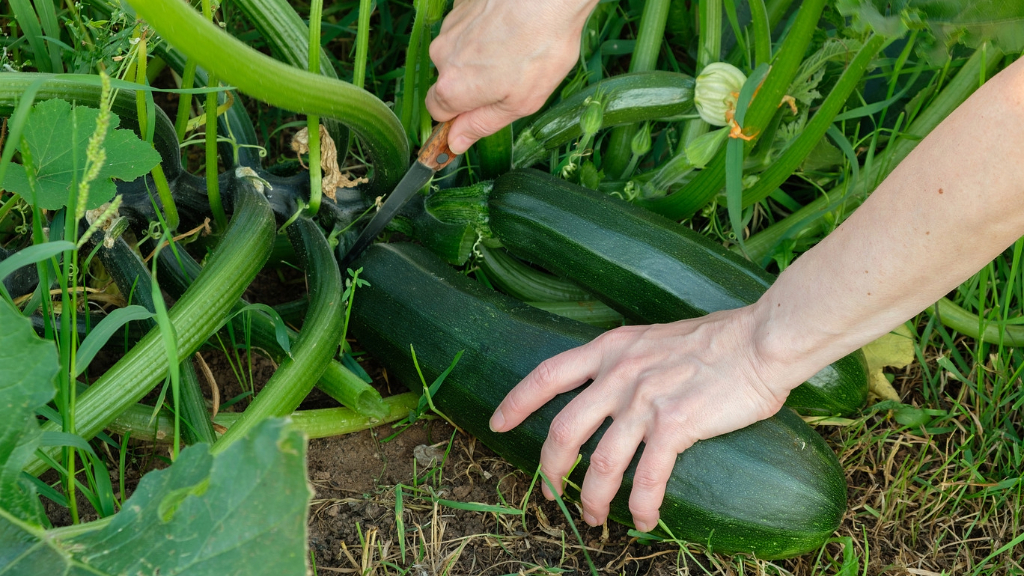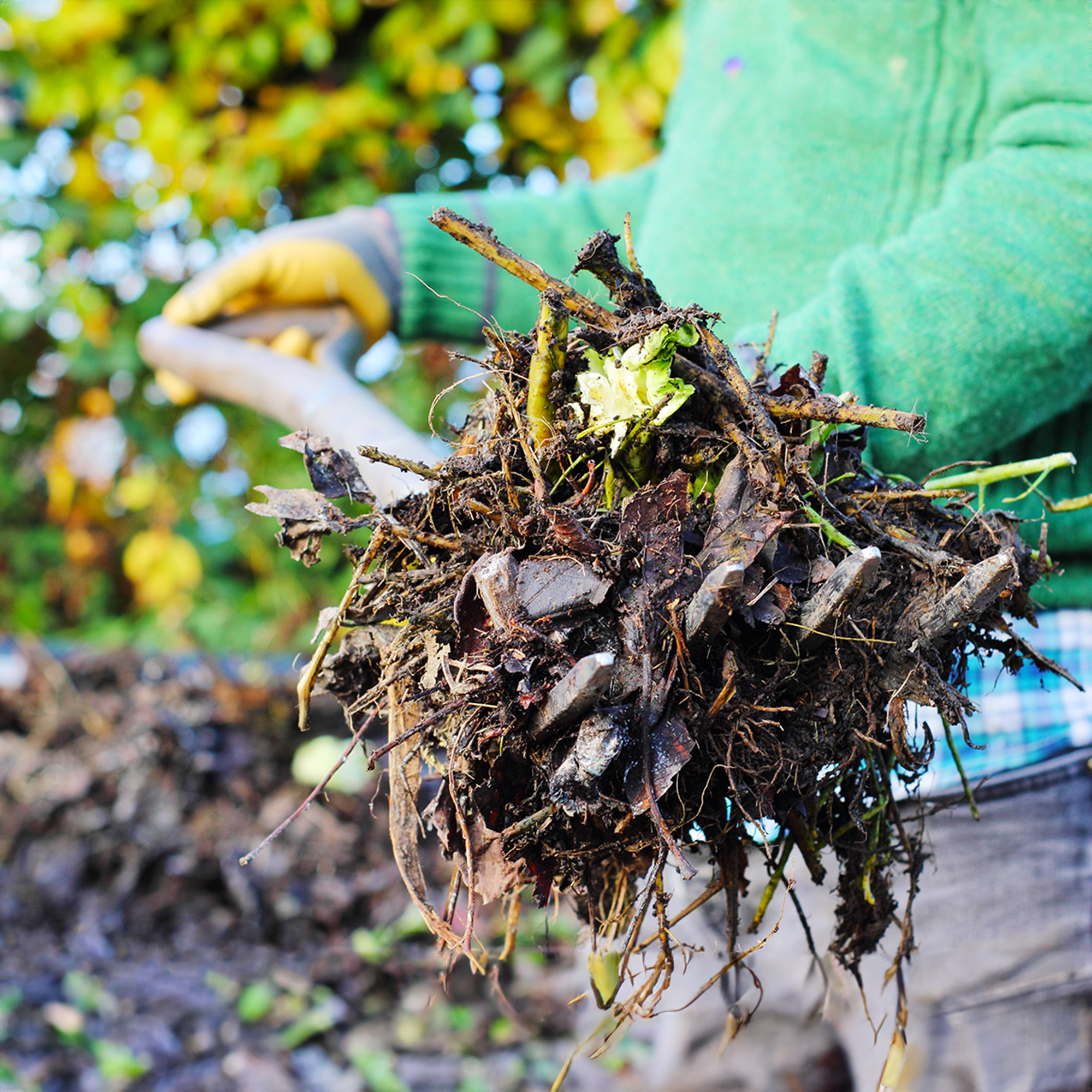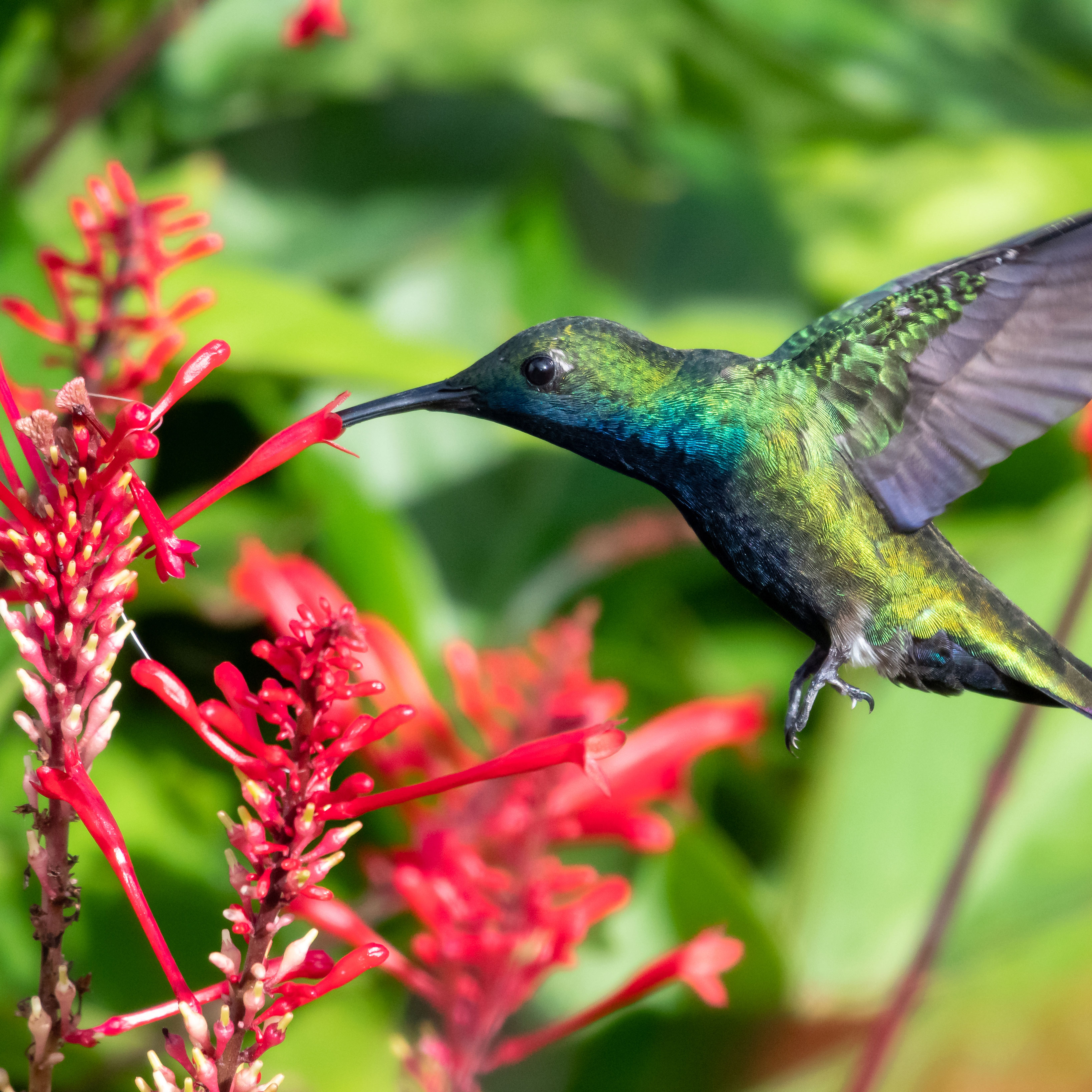Planting For Two


For those of us who plant a veggie garden, seed starting is filled with excitement. Visions of fresh tomatoes adorned with olive oil and basil, grilled zucchini, freshly picked fruit, and all the other goodies we grow, dance around in our heads. There is simply nothing like growing your own food, and I swear it tastes better too. So as the seed packets come out, we contemplate our garden plans. This includes deciding how many plants of each variety will be needed to feed the family. This is where I fail.
Planning a Vegetable Garden
As winter starts to fade, I am in my happy place dreaming of the veggie garden. It is soon time to start my vegetable plants that need to be planted early. I tend to start several seeds of each variety, in order to ensure some successful transplants. In most cases, a few damp off and I don't end up with as many vegetable starts as I planted. Similarly, I over-seed the directly sown plants. In this manner, I am assured of each type of vegetable I sowed.
The problem with this strategy is that I end up with too much. There are only two of us, and although we share what we can, every one of our neighbors is an avid veggie gardener. We give some items to our food bank, but even so, there is always too much.
Take a day this past autumn, for instance. We had a sudden hard freeze, but the vines outside the window were still filled with cucumbers, zucchini, grapes, and other food. They are compost now, after that hard freeze, but we simply couldn't give the stuff away quick enough. This brings me to my issue: over planting. My plan to have enough plants to survive and produce, often means there are too many plants. We direct sow things like melons, squash, and cucumber in our zone, but usually not until late May. Other veggie starts come from seed started indoors many weeks before going outdoors. Things come up and grow like weeds in this soil that was once underwater. Additionally, our town features a mild, often very warm fall, that keeps the plants producing robustly. However, when there are only two to feed, you can only go through so many zucchinis. And I had four zucchini plants.
What to Do With Such Abundance
Some things such as cucumbers can be canned, while others such as strawberries are frozen. Many of our homegrown produce ends up dried, such as zucchini and kale chips. My sun-dried tomatoes last for a year and provide some much-needed color and flavor in winter recipes. But here is a confession. I still have preserved food from the previous year. I have more jam than we can eat, bags of dried fruit, a freezer full of seal-a-meal produce. It is a problem that many might envy, and I do appreciate the abundance. But it's the things I can't save that bother me the most. As harvest time is nearing its end, but there is still produce to gather, I have pretty much run out of room. And that is all because I over-planted.
So, my new resolution is to back off on planting seed. I will trust things will grow and survive and only plant two zucchini seeds. Really. I'm not sure if this will backfire, but I have to be a bit more reserved. Fewer plants mean less fertilizing, weeding, and water, as well as less waste. And, if my plants don't take off, there are always the neighbors with their never ending zucchini supplies.
Gardening tips, videos, info and more delivered right to your inbox!
Sign up for the Gardening Know How newsletter today and receive a free copy of our e-book "How to Grow Delicious Tomatoes".
-
 10 Common Composting Problems That Can Spoil Your Garden Gold – Plus Easy Fixes
10 Common Composting Problems That Can Spoil Your Garden Gold – Plus Easy FixesLearn how to troubleshoot common composting issues before they ruin your stash – from bad smells and bugs to materials not breaking down as they should.
By Susan Albert
-
 Terrifically Tubular Flowers For Hummingbirds: 9 Tube-Flowered Plants To Attract Hummers
Terrifically Tubular Flowers For Hummingbirds: 9 Tube-Flowered Plants To Attract HummersGrowing tubular flowers for hummingbirds helps you create the optimum feeding conditions for your winged friends. Here are nine tubed delights for hummers
By Tonya Barnett